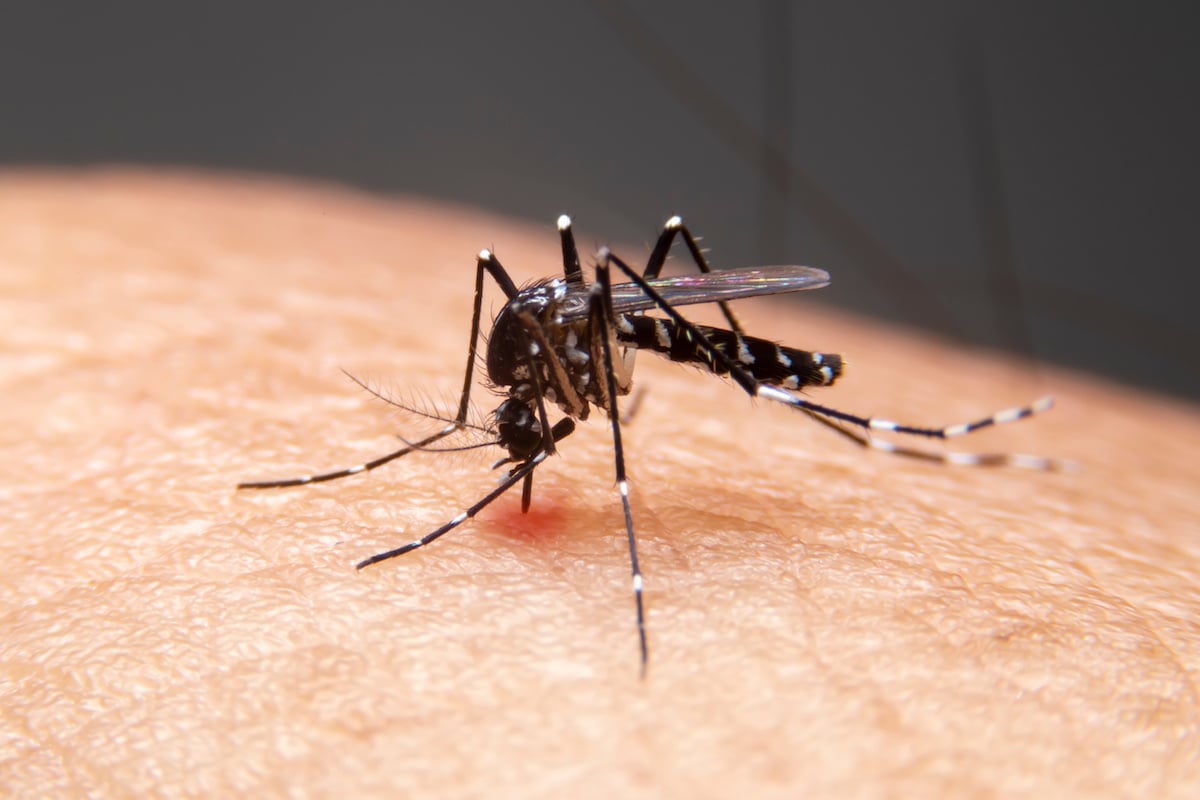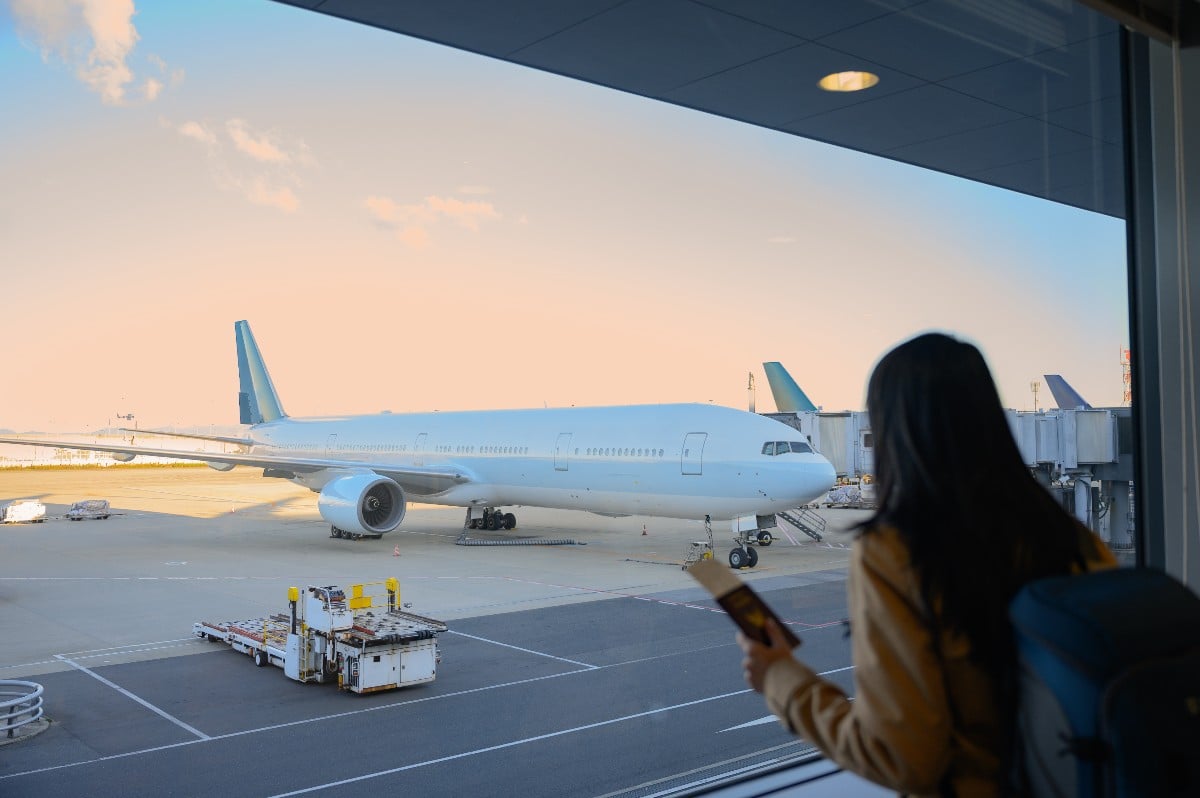
Jillian Davis was pleased to be gifted a car seat during her pregnancy, from a family member who bought it online from a major retailer. But following the delivery of her daughter in late June, a car seat tech at her Salt Lake City hospital informed her that the seat was an unsafe counterfeit. “It’s… read on > read on >






























